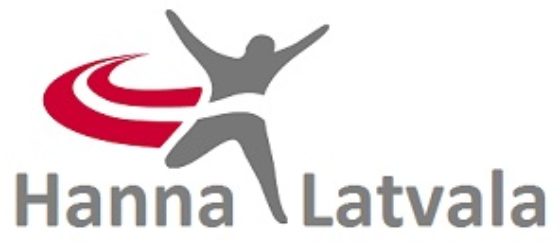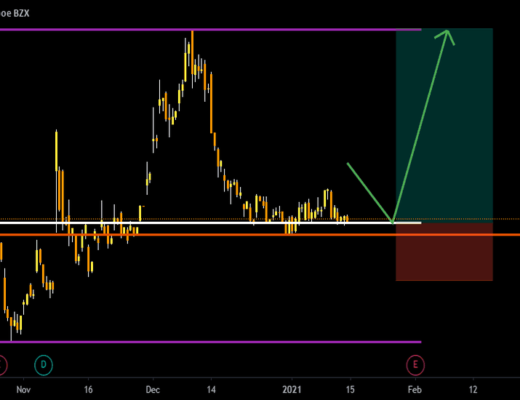Investment banking professionals are always looking for ways to remain ahead of market trends and career prospects in the highly competitive financial world of today. For bankers at all career stages, investment banking conference are one of the most important—yet occasionally disregarded—resources. These well planned events bring together business executives, creative thinkers, and driven professionals in environments that encourage information sharing and the development of new relationships. There are a ton of opportunities outside of the official meetings and presentations that can change your career path and increase your level of business knowledge. This article examines eight important advantages that investment banking professionals looking to flourish in their sector may take advantage of from these specialized events.
1. Unparalleled Networking with Industry Elites
Conferences on investment banking provide unique settings where hierarchy momentarily collapses, enabling meaningful interaction between experts at different levels. These events provide chances that are hard to duplicate in regular professional settings by bringing together managing directors, industry pioneers, regulatory leaders, and up-and-coming talent in one place. Conversations that would not normally happen are encouraged by the easygoing yet regulated environment. A single interaction at a coffee break or evening reception during a conference might result in profitable agreements, professional promotions, or mentorship possibilities. Relationships that frequently last a lifetime are forged via these in-person encounters, which establish trusting foundations that internet communication cannot match.
2.Insider Knowledge on Market Trends and Forecasts
Presentations at conferences can provide market insights before they are generally known or published. Top analysts and executives frequently reveal complex views of market situations that haven’t been codified in reports when they express their opinions. Experts who have spent decades studying certain industries, financial products, or local marketplaces are featured at these events. Their combined knowledge gives participants a multifaceted grasp of current market dynamics, particularly during panel discussions when many points of view engage. Investment bankers are better able to predict market changes, spot new possibilities, and create strategic advantages over rivals who only depend on public data and common sense because to this intimate knowledge.
3.Practical Skills Enhancement through Specialized Workshops
Conference workshops, as opposed to theoretical academic courses, usually concentrate on instantly usable skills taught by practitioners who deal with comparable issues on a daily basis. Particular technical facets of investment banking, such as valuation methodology, financial modelling tools, transaction structuring approaches, or regulatory compliance measures, are frequently covered in these sessions. Nowadays, a lot of conferences include interactive components that turn passive learning into active skill development, such as case studies, simulation exercises, or problem-solving sessions. Participants can discuss specific issues they have in their professions since the workshop atmosphere invites inquiries that are too specialized or practical for other learning situations. When participants implement new abilities in their everyday job, this focused skill development offers an instant return on investment.
4.Strategic Visibility for Career Advancement
Conferences offer unparalleled opportunities for showcasing your knowledge and enhancing your professional image. Formal positions like presenting research or speaking on panels are available, as are more casual contributions made during roundtable talks or Q&A sessions. You become recognized as an authority in your field when you present well-considered viewpoints to peers in the business. As coworkers observe your involvement with more general industry concerns, attending conferences may greatly improve your image inside your present company. Insightful questions or remarks made by conference attendees are often noticed and retained by senior executives, leaving a lasting impression that might affect future choices about promotions or the teams chosen for high-profile initiatives.
5. Competitive Intelligence on Industry Dynamics
Conferences for investment banking offer exclusive glimpses into the goals, tactics, and actions of rivals. Without needing direct questions, competitor institutions’ presentations highlight their areas of concentration and strategic direction. Finding out which subjects excite the representatives of rival companies provides information about their future goals. Even informal discussions during breaks can provide important insights on industry talent flows, organizational changes, or strategy shifts. Bankers are better able to predict competition reactions to market events and interpret their own work within larger industry trends because to this environmental scanning. Attending conferences also enables investment bankers to spot untapped market niches or possible service providing gaps that give strategic chances for growth or differentiation.
6.Access to Cutting-Edge Financial Technologies
For investment banking professionals, staying up to date is becoming more and more difficult due to the financial technology’s quick growth. Emerging technologies created especially for investment banking applications, such as blockchain-based transaction platforms, AI-powered valuation tools, or cutting-edge risk assessment systems, are frequently demonstrated at conferences. Companies display these technologies especially for financial experts, who can quickly understand how they might be used in real-world scenarios. Bankers are better able to assess possible technological investments thanks to these in-person demos than they might be with only marketing collateral or sales presentations. Bankers may also use conference tech exhibits to compare their own technical prowess to industry norms and find ways to strategically integrate technology to acquire a competitive edge or increase efficiency.
7. Regulatory Insight and Compliance Updates
The regulatory environment in which investment banking operates is becoming more intricate and is always changing to reflect changes in the market and governmental goals. Sessions at conferences that offer clarification on recent or upcoming regulatory developments are usually led by regulatory authorities or compliance professionals. Practical implementation advice that is rarely seen in official regulatory pronouncements or legal papers is frequently included in these presentations. Bankers can pose targeted queries on the ways in which rules impact certain transaction types or corporate operations thanks to the interactive style. In order to lower implementation costs and compliance risks, forward-looking regulatory conversations assist institutions in being ready for compliance requirements before they become required. Investment bankers may more confidently advise clients and organize transactions with the use of this regulatory knowledge.
8. Global Perspective and Cross-Border Opportunities
Large investment banking conferences draw attendees from a wide range of geographic areas, offering exceptional chances to cultivate global viewpoints and cross-border connections. These gatherings make it easier to meet with possible foreign business partners, which may otherwise need a lot of travel and relationship-building. Bankers can gain a deeper understanding of areas they would not normally access by attending conference sessions that often address possibilities and difficulties unique to a certain location. When bankers work on international transactions, their performance is enhanced by the cultural insights they get via casual encounters with colleagues from other countries. These global viewpoints give investment bankers who mostly concentrate on domestic markets important background information for comprehending how global events may ultimately affect local circumstances.
Conclusion
The fintech industry conference are much more than just short-term events; when handled well, they serve as essential tools for advancing one’s career. It is challenging to duplicate the compounding professional advantages created by the special blend of skill development, information gain, and relationship building that these events offer. Attending conferences offers asymmetric returns on investment in professional development in a field where success is heavily influenced by knowledge advantages and connection networks.




